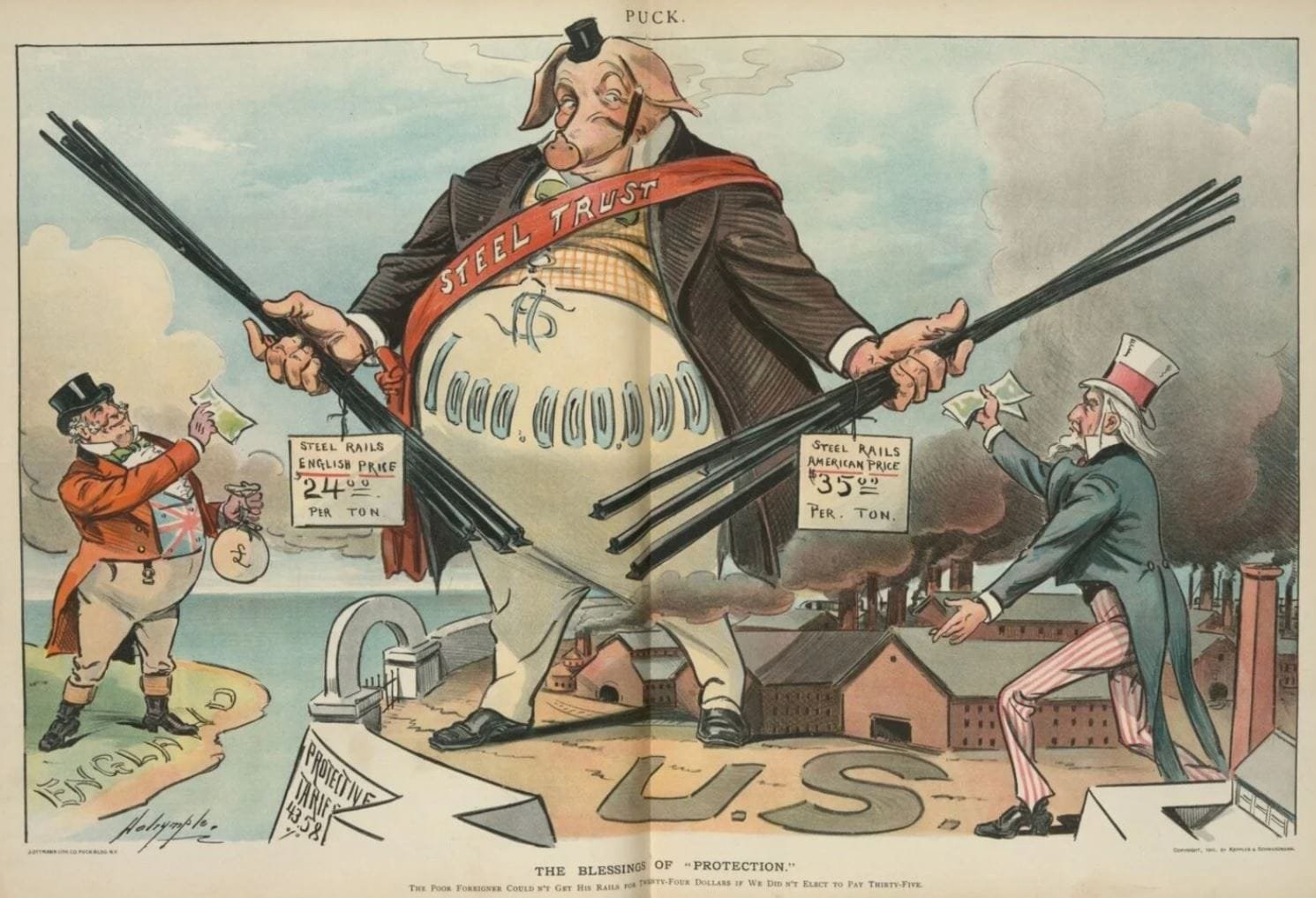The Misapplication of Compositional Reasoning to Protectionist Policies
The fallacy of composition, a frequent source of flawed reasoning, occurs when one assumes that what holds true for a part of a group necessarily applies to the entire group. Protectionist arguments often fall prey to this fallacy by highlighting individual firms and workers who benefit from tariffs and trade restrictions while ignoring the broader negative consequences inflicted upon the majority. This mirrors the stadium analogy, where standing up improves the view for an individual but worsens it for those behind them if everyone follows suit.
Protectionism, like indiscriminate standing in a stadium, creates a cascade of negative repercussions. Consumers face higher prices and potentially lower quality goods, diminishing their standard of living. Domestic producers reliant on imported inputs experience increased costs, forcing them to raise their own prices, reduce production, and lay off workers. These displaced workers, though eventually re-employed, often find themselves in less productive, lower-paying jobs due to the misallocation of capital caused by protectionist policies, which divert resources from efficient to less-efficient industries.
The damage extends beyond consumers and import-dependent industries. Exporters suffer as well, due to the Lerner symmetry theorem, which posits a direct relationship between changes in imports and exports. When a country reduces imports, its trading partners receive less of its currency, leading them to reduce purchases of that country’s exports. In the modern era of substantial international investment, this reduced currency flow also translates to decreased foreign investment in the protectionist country.
This decline in foreign investment, analogous to reduced personal investment due to falling income, leads to higher real interest rates within the protectionist country, stifling domestic investment and further harming even those firms that neither export nor rely on imported inputs. Thus, the seemingly targeted benefits of protectionism ripple outwards, inflicting widespread damage on the economy.
The argument for widespread protectionism further crumbles when considering the impracticality of uniformly benefiting all domestic producers. While across-the-board tariffs, such as those proposed by President Trump, might offer some superficial protection to all industries, they inevitably favor some over others. Those favoured industries, akin to the long-legged individuals in the stadium analogy, might experience increased prices and expanded output. However, this expansion occurs at the expense of other domestic producers who face contracting markets and reduced production, as resources are drawn towards the favored, often less efficient, industries.
Ultimately, across-the-board protectionism results in a net loss for the economy. While targeted protection can benefit a select few industries while still imposing a net cost on the economy, universal protection inevitably leads to a misallocation of resources, shifting capital and labor away from more productive sectors to less productive ones. The notion that protectionism enriches a country as a whole is as flawed as the belief that everyone in a stadium will have a better view if everyone stands up. Instead, it creates a situation where a few gain at the expense of the many, mimicking the frustrating experience of obstructed views in a crowded stadium.
Share this content:












Post Comment